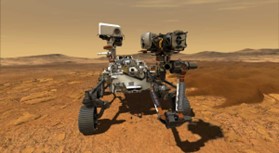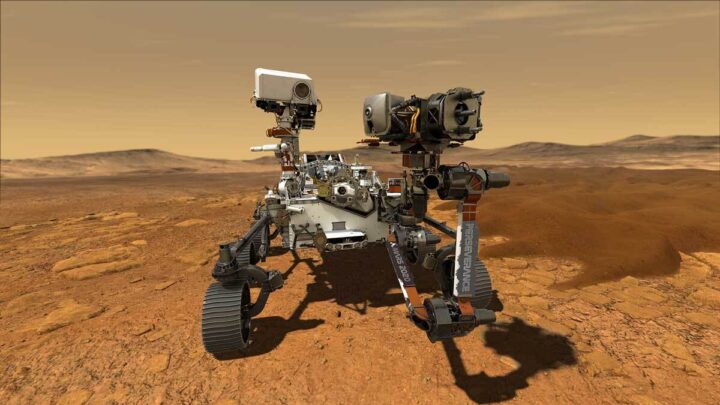The use of infrared sensors and/or pyrometers is widespread among different fields such as automotive and astronomy. In many of their applications, these sensors need to be able to work in hostile environments under aggressive conditions or for long periods of useful life. These circumstances are usually the source of common problems associated with this kind of technology such as the degradation of the optical system due to the accumulation of dust or dirt on the lenses or filters of the detector devices. Furthermore, the operation of infrared sensors under thermal shock conditions is also one of the main obstacles due to the appearance of thermal gradients within sensors housing that they have a negative impact on the sensor’s accuracy.
Solution: sensor that incorporates both a self-calibration and a thermal gradient correction technology that guarantees the correct measurement of temperatures regardless the working conditions and the degree of degradation of the system, has been developed.
This sensor is supported by two different technologies.
1. A novel self-calibration system using a heater that allows estimating the value of a parameter that represents the degradation of the detector. This parameter is used to correct and compensate the measurements after the execution of the self-calibration procedure, avoiding the need of external maintenance and manual calibration.
2. A system that allows to operate under thermal shock conditions, maintaining high measurement performance. This system makes use of redundant detectors with different electromagnetic responses that allow it to compensate for the appearance of thermal gradients in detector housing.
The system performs a continuous correction of the acquired data, guaranteeing precise data obtention without the need of human intervention. Furthermore, this system is easily adaptable to current IR sensors, allowing them to work more independently.
The researchers are currently working on seeking specific applications to adapt and validate both technologies.
The precision and effectiveness of this technology has been firmly validated, following its implementation aboard the Curiosity and Perseverance rovers currently operating in Mars. These systems have proven to work optimally in the unfavorable environment that this planet represents and remain operative after 10 years, reassuring their reliability.
This technology has been tested for temperatures between -135 and 80ºC. Its range might be wider, but it would have to be tested.

Benefits:
- Built-in self-diagnosis and calibration system that does not require any human intervention.
- Reliable measurement of the temperature during the operation under thermal shock conditions.
- Cost-effective technology, thanks to the avoidance of external maintenance and manual calibration.
- Easy to adapt to currently used IR sensors.
- Versatile technology, applicable to different aggressive conditions.
The represented institution is looking for a collaboration that leads to commercial exploitation of the presented invention.
Institution: National Institute for Aerospace Technology of Spain (INTA)
TRL: TRL 9 for the self-calibration system. / TRL 4 for the thermal gradient correction system.
Protection status: Patent Application
Contact: Laura Núñez / laura@viromii.com

